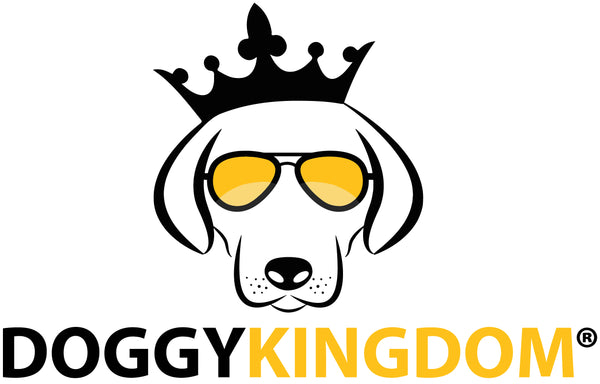Are Bones Safe for Fido?
Share
For centuries, pet owners have given their dogs bones for teething, enjoyment, and reward. The common consensus is that bones are safe because a dog is similar to a wolf and wolves chew on bones. However, bones are dangerous. Dogs who chew on bones can sustain severe injury or death.
Dangers of Bones
According to the United States Food and Drug Administration, bones are dangerous. Carmela Stamper, DVM, made a statement in the FDA Consumer Update, “Some people think it’s safe to give dogs large bones, like those from a ham or a roast. Bones are unsafe no matter what their size. Giving your dog a bone may make your pet a candidate for a trip to your veterinarian’s office later, possible emergency surgery, or even death.”
Why Are Bones Dangerous for Dogs?
Below are just a few reasons why bones are dangerous for dogs:
- Broken Teeth: Chewing on a bone can easily break a dog’s teeth, especially an older canine. Many pet owners believe that bones will help clean the dog’s teeth, but there are other, safer options that work well.
- Bone Gets Stuck in Dog’s Jaw: A gone can easily become wedged or looped around a dog’s lower jaw which will instantly frighten the animal and cost pain.
- Mouth or Tongue Injuries: Chewed bones become sharp and can tear into a dog’s delicate gums, tongue, mouth membranes and throat.
- Penetrates Esophagus: The esophagus ties the throat to the stomach. It is the tube that food passes down. Sometimes a dog will try to swallow a substantial chunk of bone and it will become stuck. If this happens, your dog will gag and drool. Removal of the bone might require surgery or the use of endoscopic equipment. If the bone is not removed then the esophagus can easily rupture, become infected, and lead to death.
- Wedged in Stomach: The bone might be too large to pass through the dog’s digestive tract and becomes stuck in the stomach. The animal will require immediate, life-saving surgery to remove the bone before it perforates the stomach or intestines.
- Stuck in Throat: If your dog inhales a small chunk of bone then it can easily get lodged in the animal’s throat. The dog might have trouble breathing or even start to suffocate.
- Intestines and Constipation: A large bone can cause an intestinal blockage and need immediate surgery to remove the chunk. Large fragments of the bone may become lodged in the large intestine or rectum. The animal will become constipated and have a tough time passing the chunks. The bone can tear and cut as it comes out the dog’s anus which causes severe pain to the animal and bleeding.
- Peritonitis: A bacterial infection may invade the abdomen if a fragment of bone penetrates the dog’s stomach or intestines. Left untreated, the dog will succumb to the infection.
Bones pose a serious danger to your pet. Instead of giving Fido a bone, why not opt for a pet-safe toy?
Keeping Your Dog Safe from Bones
Dogs often steal table scraps and accidentally ingest bones. You should promptly discarded table scraps that contain bones so that your pet does not raid them. Bag up the bones and take them outdoor promptly to the garbage can to keep Fido safe.




5 comments
I give my dachshund large round bones from the butcher she could never swallow or break. She cleans out the marrow and I toss them out. I don’t see the harm in this. Am I wrong?
I give my dachshund large round bones from the butcher she could never swallow or break. She cleans out the marrow and I toss them out. I don’t see the harm in this. Am I wrong?
We have a standard poodle; would love to hear more about bones.
I thought the problem with bones is when they are cooked. We give our Standard Poodle uncooked chicken wings for his daily dinner. Is that a problem?
I learned that raw bones are safe but cooked ones are not. Cooked bones splinter and raw do not.